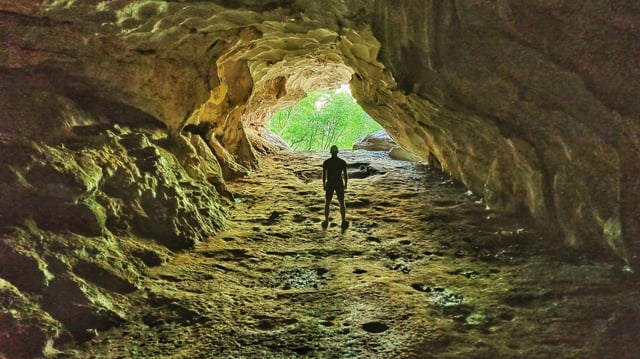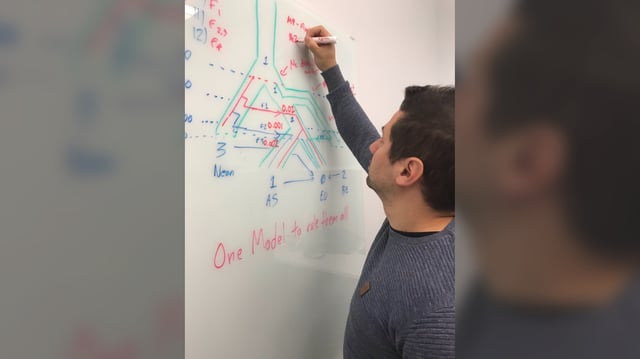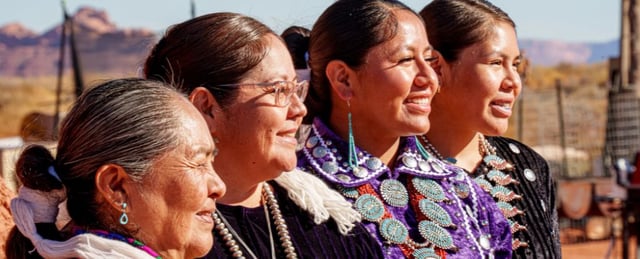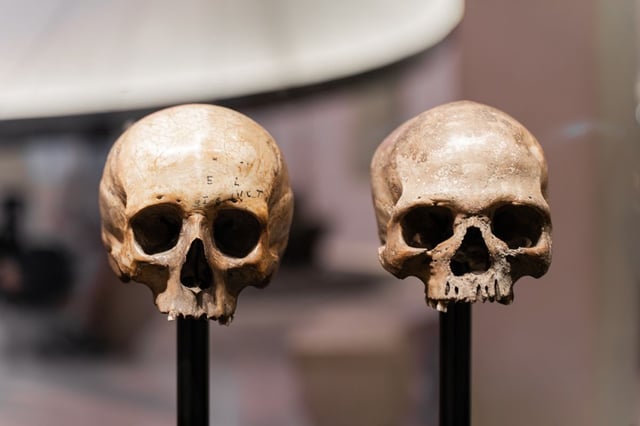Overview
- The Science paper reports a Denisovan-like segment of MUC19 at high frequency in people with Indigenous American ancestry in both modern and ancient samples.
- About 33% of Mexicans carry the variant, roughly 20% of Peruvians do, and around 1% of Colombians and Puerto Ricans carry it, according to 1000 Genomes data.
- The variant appears in DNA from 23 ancient individuals from sites across North and South America, indicating it was common early in the peopling of the continent.
- Genomic architecture shows a Denisovan core flanked by Neanderthal DNA, implying transfer from Denisovans to Neanderthals before reaching modern humans.
- Signals of an unusually long archaic haplotype and elevated frequencies support positive selection, though the variant’s specific biological effects remain to be determined.



